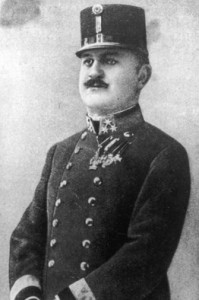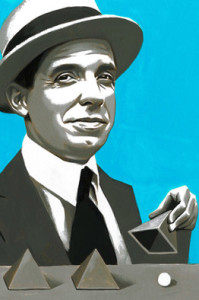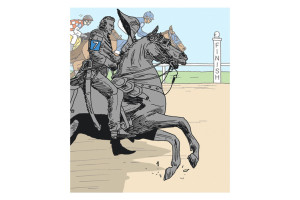There are two political scandals doing the rounds in the US media. The first involves the former Speaker of the House of Representatives, Dennis Hastert, who retired in 2007. During his eight-‐year tenure as the longest-‐serving Republican Speaker, Hastert presented a somewhat shambolic, avuncular front that endeared him to both parties.
He wasn’t known for being especially honest or particularly careful about the moral and ethical reputation of the House. But he was thought to be a man of good character and wholesome values — and that counted for a lot.
However, last Tuesday Hastert pleaded not guilty to federal money laundering charges. It is alleged that he paid $3.5m (£2.3m) in cash to an unnamed individual in return for that person’s silence about having been sexually molested by Hastert some years ago. It turns out that the man whom everyone considered a good old-fashioned Washingtonian of the right sort may have been a paedophile who was being blackmailed by at least one of his victims.
The same day that Hastert entered his plea, an even bigger scandal was splashed across the front page of The New York Times. The newspaper revealed that the Republican presidential hopeful Senator Marco Rubio isn’t rich. In fact, a thorough investigation of his finances showed Rubio has so many debts and so few assets that he is distinctly middle class. Oh, and he’s bad at paying his parking fines.













